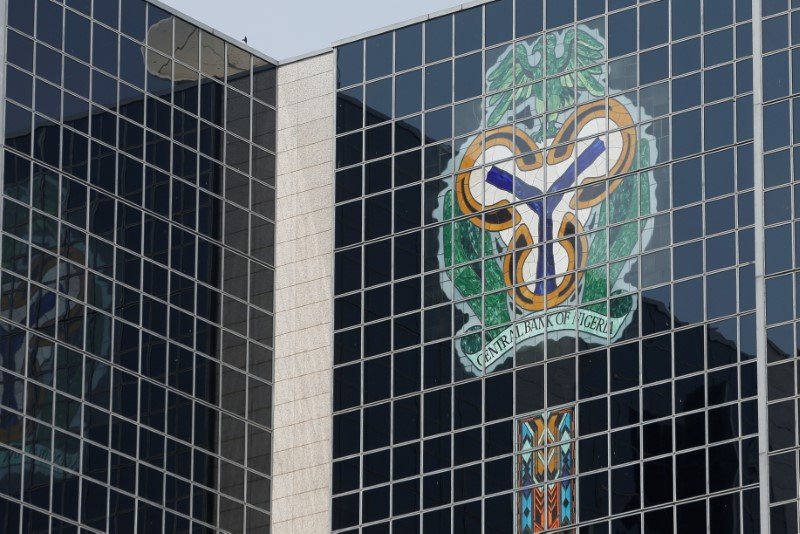Could Donald Trump’s economic comeback derail Nigeria’s financial growth? The ripple effects of his proposed tax reforms and tariffs could reshape the landscape of foreign investments in Africa’s largest economy.
As former U.S. President Donald Trump signals a return to center stage, his economic policies have re-emerged as a focal point for global markets. Trump’s proposed tax reforms, reminiscent of the 2017 Tax Cuts and Jobs Act, have the potential to trigger seismic shifts in global capital flows, leaving emerging markets like Nigeria particularly vulnerable. If these policies are implemented, the ripple effects could exacerbate challenges in Nigeria’s banking sector, stall foreign direct investments (FDI), and disrupt critical industries.
At the heart of Trump’s economic agenda lies a bold proposition to slash the U.S. corporate tax rate further, from 21% to 15%. While this move is designed to stimulate domestic growth and incentivize American businesses to repatriate capital, the unintended consequences for countries like Nigeria could be devastating. Historical data offers a sobering perspective. When the corporate tax rate was reduced from 35% to 21% under the 2017 Tax Cuts and Jobs Act, U.S.-based firms repatriated over $777 billion in foreign earnings. In Nigeria, the impact was almost immediate and acutely felt—FDI plummeted from $4.65 billion in 2017 to $2.23 billion in 2018, according to figures from the United Nations Conference on Trade and Development (UNCTAD).
Nigeria’s economy, which relies heavily on FDI to sustain key sectors such as oil, agriculture, and manufacturing, would likely bear the brunt of these policy changes. Reduced foreign investment flows could limit access to critical capital, straining liquidity in the banking sector and stifling economic growth. Nigerian banks, many of which are deeply intertwined with these industries, could find themselves grappling with diminished profitability and heightened liquidity pressures.
Adding to the complexity are Trump’s proposed trade tariffs, which could further disrupt Nigeria’s economic stability. Tariffs targeting imports from emerging markets may result in higher operational costs for Nigerian exporters. For industries such as crude oil and agriculture—two pillars of Nigeria’s economy—these tariffs could translate into reduced demand in U.S. markets and shrinking profit margins. For Nigerian banks that finance these industries, this scenario would increase the risk of loan defaults and create additional pressures on foreign currency reserves, potentially destabilizing the financial sector.
The implications of these policies extend far beyond immediate financial challenges. As American firms are encouraged to bring their earnings back to the U.S., Nigeria risks losing a vital source of capital needed to fund infrastructure projects, expand local businesses, and sustain economic diversification efforts. This contraction in investment opportunities would not only weaken the banking sector but also threaten the broader economy, including job creation and income levels across the nation.
Yet, amid these looming threats, opportunities for Nigerian banks do exist. Industry experts argue that adaptability, innovation, and strategic foresight are crucial for navigating these turbulent waters. Nigerian financial institutions could position themselves as indispensable partners for U.S. firms seeking to diversify their operations into Africa. By offering tailored financial products and services that address tax efficiency and investment risks, banks could carve out new avenues for growth. Strengthening relationships with foreign investors, embracing advanced risk management practices, and leveraging technology are vital strategies for building resilience against external economic shocks.
For example, Nigerian banks could explore partnerships with the burgeoning fintech ecosystem to develop innovative financial solutions. The continent’s growing digital economy offers untapped potential for collaboration, particularly in sectors such as e-commerce, mobile banking, and payment solutions. By integrating these innovations into their offerings, banks could not only mitigate the adverse effects of Trump’s policies but also establish themselves as leaders in Africa’s financial transformation.
Economic adaptation is equally critical on a policy level. Regulatory bodies in Nigeria must work closely with financial institutions to create an enabling environment that attracts and retains foreign capital. This includes streamlining investment processes, reducing bureaucratic hurdles, and offering incentives that make Nigeria an attractive destination for global investors, even amidst shifting global policies.
However, success in this challenging landscape demands urgency. The longer Nigerian banks wait to implement these changes, the more vulnerable they become to the cascading effects of global economic realignments. Finance and tax expert Abayomi Fashina underscores the importance of agility in responding to these challenges. He emphasizes that banks must proactively diversify their portfolios, strengthen their risk management frameworks, and develop innovative solutions to cater to the evolving needs of investors and clients alike.
Despite the uncertainties, Nigerian banks have the potential to emerge stronger by viewing these challenges as opportunities for reinvention. Africa’s strategic importance in global trade and investment offers a unique advantage. By capitalizing on this position, Nigerian financial institutions can attract new investments, foster long-term partnerships, and play a critical role in shaping the continent’s economic future.
The stakes are high. Trump’s tax reforms and tariffs could alter the global economic landscape in ways that pose significant risks to Nigeria’s banking sector and its economy. However, with strategic adaptation, robust innovation, and a commitment to diversification, Nigerian banks can turn these challenges into opportunities. By stepping up to meet the needs of U.S. firms seeking diversification and capitalizing on Africa’s growing financial market, these institutions can secure a sustainable path forward in an increasingly uncertain world.
Stay ahead of the curve with daily insights into global economic trends, technology, innovation, and leadership. Sign up for exclusive updates at www.innovationtimes.com and join a global community of forward-thinking professionals shaping the future.


